The Healthy Fertility Diet—A Nutritionist Says to Eat These 10 Foods
Fork your way to a fertile body. The post The Healthy Fertility Diet—A Nutritionist Says to Eat These 10 Foods appeared first on Camille Styles.
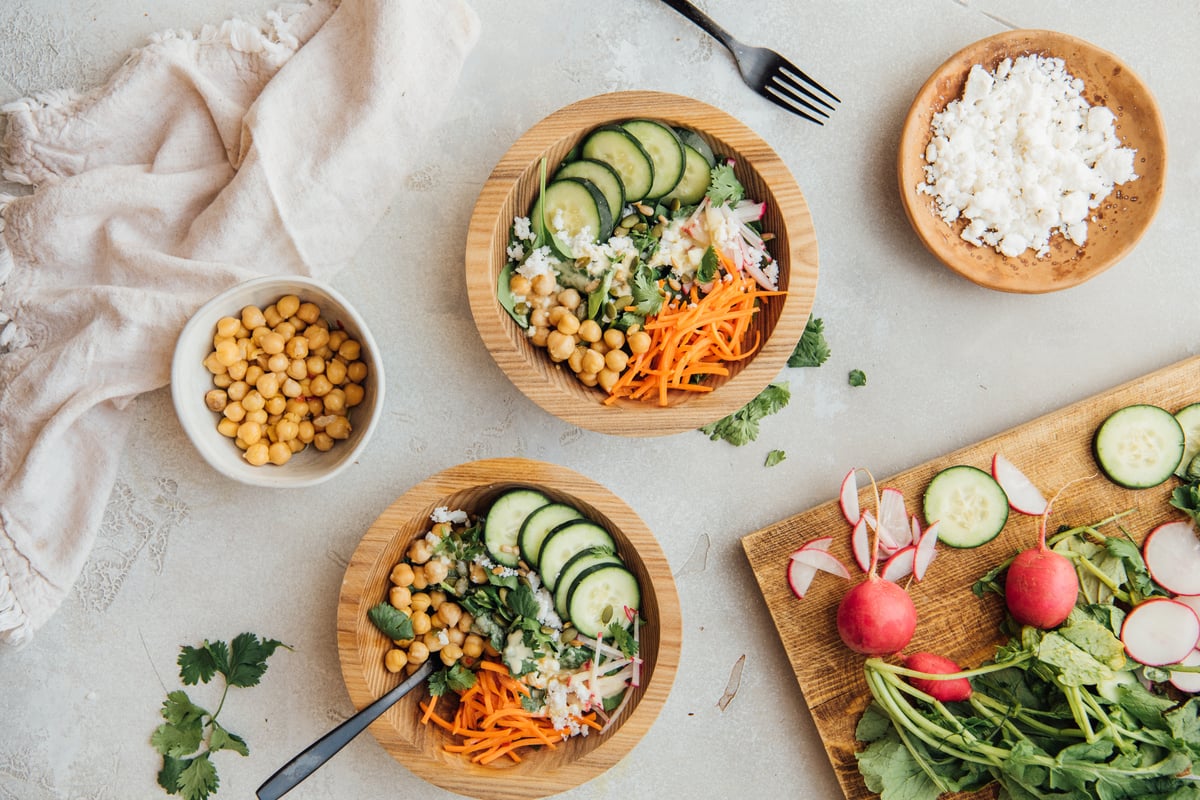
Trying to conceive? If so, you’ve probably received plenty of (unsolicited) advice. Don’t exercise too hard! Remove all toxic chemicals from your house! Have sex every day once you period ends! The list goes on and on. Ultimately, what you should be doing to increase your chances of getting pregnant is unique to your lifestyle, health conditions, and circumstances. That said, one universal aspect—that often gets overlooked—is nutrition. In many ways, it can make or break your fertility. Said differently: what you eat can have a significant impact on your ability to conceive. With pregnancy in mind, we’re sharing all things nutrition for a fertile body, including the best foods for fertility.
Featured image by Michelle Nash.
1 of 8
How does nutrition impact fertility?
When it comes to boosting your fertility, nutrition is at the tip of the iceberg. After all, without adequate nutrients, too many inflammatory foods, and a blood sugar roller coaster, it’s that much more difficult for your body to conceive and nourish a growing embryo. In essence, nutrition plays a critical role in fertility. Food is medicine, and what’s on your plate has a profound effect on hormone regulation, ovulation, and the development of healthy eggs and sperm. Poor nutrition can lead to nutrient deficiencies, impacting both women and men.
2 of 8
The Correlation Between Nutrient Deficiencies and Fertility
Speaking of nutrient deficiencies, research shows that a lack of nutrients—such as protein, folic acid, iron, and vitamin D—can lead to menstrual irregularities, anovulation (absence of ovulation), and other reproductive problems in women. Additionally, fertility can be impaired by insulin resistance and high levels of inflammation. In turn, both of these can lead to health conditions, like PCOS. In men, a diet lacking in antioxidants, omega-3 fatty acids, and magnesium can impair sperm motility, quality, and quantity. This can lead to male infertility and decrease the chances of conception.
3 of 8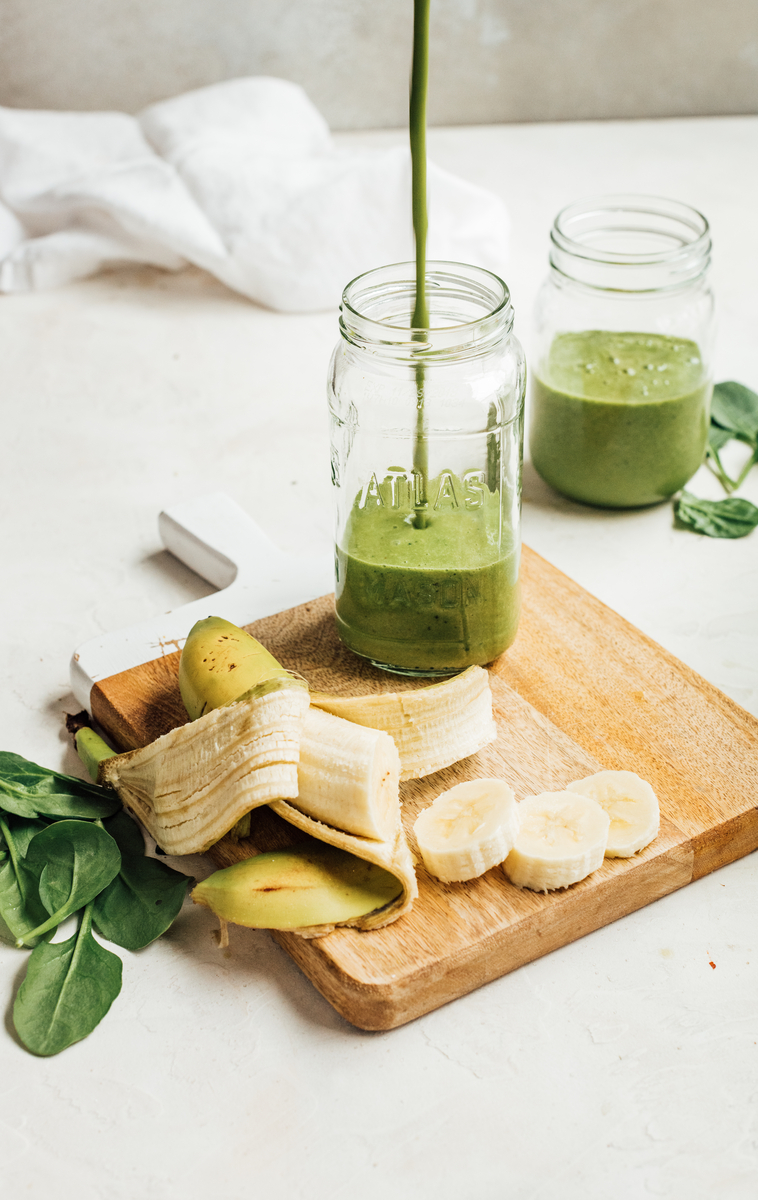
What is a healthy fertility diet?
On the other hand, consuming a healthy and balanced diet that includes fruits, vegetables, whole grains, quality protein, and healthy fats can improve fertility. As mentioned, nutrients such as folic acid, zinc, and vitamin E can improve sperm and egg quality, while omega-3 fatty acids and antioxidants can improve hormone regulation. Below are a few general guidelines for a healthy fertility diet:
Eat a variety of fruits and vegetables. Fruits and vegetables are rich in antioxidants, fiber, and other important nutrients that can improve fertility. Aim for at least five servings per day. Include healthy fats. Healthy fats—such as those found in fatty fish, avocado, nuts, and seeds—can improve hormone regulation. In fact, healthy fats are the building blocks for hormones! Avoid trans fats and limit saturated fats. Get enough protein. Protein is very important for the development of healthy eggs and sperm. Choose lean sources such as poultry, fish, beans, and lentils. Stay hydrated. Drinking enough water is important for overall health, but it can also improve cervical mucus production—which is key for conception. Avoid excessive alcohol, sugar, and caffeine. These substances can negatively impact fertility and should be avoided or limited. 4 of 8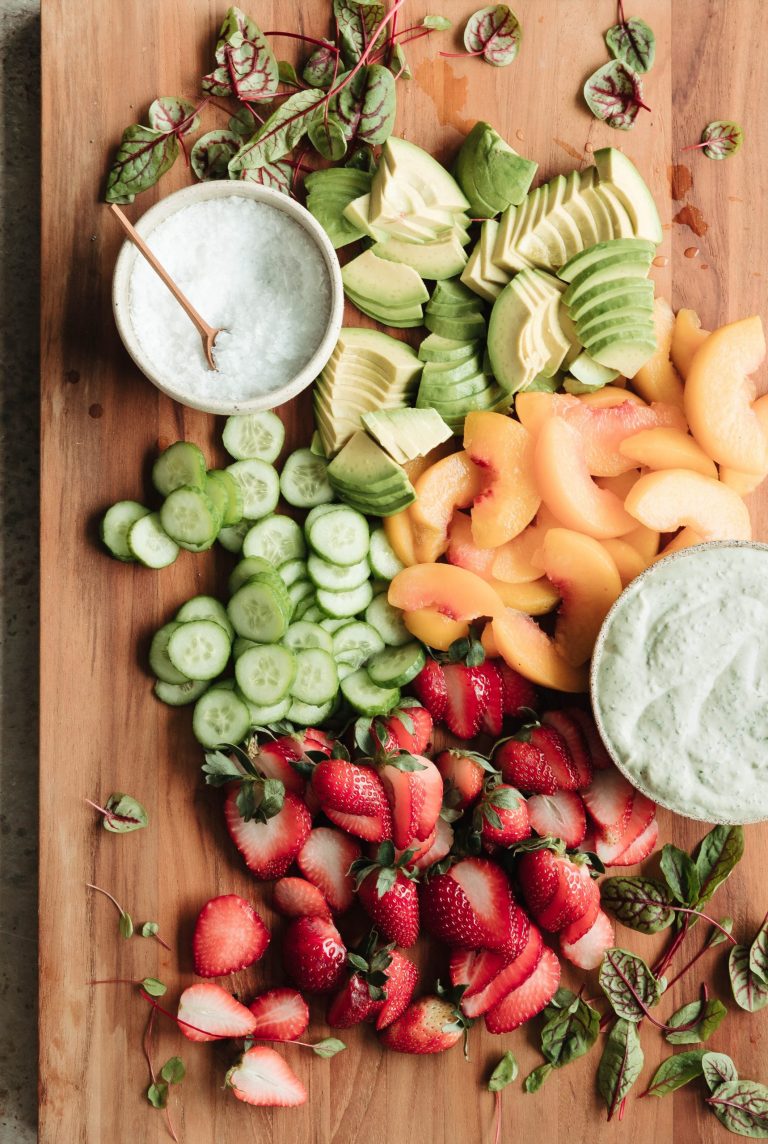
The Importance of a Prenatal Vitamin
Before we dive into the best foods for fertility, let’s talk about your prenatal vitamin. Taking a high-quality prenatal vitamin before—and during—pregnancy is important for several reasons. First and foremost, it provides essential nutrients: folic acid, iron, and calcium. These are crucial for proper fetal development and can prevent birth defects and complications.
Secondly, prenatal vitamins address nutrient deficiencies. Nutrient deficiencies are very common, and they can impact fertility and pregnancy outcomes. Keep in mind that not all prenatal vitamins are created equal. Consult with your healthcare provider before taking any supplements (including prenatal vitamins) to ensure they are safe and appropriate for individual needs.
Egg Quality Matters
The simple truth: healthy eggs encourage healthy ovulation. And healthy ovulation contributes to a better chance of conceiving. For this reason—and more—egg quality matters. But more often than not, egg quality is totally glossed over. On a monthly basis, ovulation contributes to a normal cycle length and proper hormone production. Both of these things are necessary for a viable pregnancy. When it comes to fertility, high-quality eggs have the best chance of developing into an embryo, implanting in the uterus, and resulting in a successful pregnancy. In other words, when a woman’s eggs are genetically “normal,” a woman is more likely to conceive and carry to term.
5 of 8
Which nutrients improve egg quality?
As mentioned, female egg quality plays a vital role in overall menstrual health. Below are a few nutrients that can help improve egg quality.
Folate
Folate is a B vitamin that is essential for fetal development during pregnancy. It is also important for healthy egg development. Folate helps reduce the risk of birth defects such as neural tube defects, which occur in the first few weeks of pregnancy. Sources of folate include leafy greens, citrus fruits, and beans.
Omega-3 Fatty Acids
Not only do omega-3 fatty acids support healthy egg development, but they also help reduce inflammation in the body. Fatty fish—such as salmon, sardines, and mackerel—as well as chia seeds, flaxseeds, and walnuts contain omega-3 fatty acids.
Vitamin D
Vitamin D is essential for healthy bones and can also help improve egg quality. Good sources of vitamin D include fatty fish, egg yolks, and fortified dairy products. The body can also produce vitamin D when bare skin is exposed to sunlight.
Iron
Iron is important for healthy blood flow and can also help improve egg quality. Pastured red meat, organic poultry, wild-caught fish, beans, and leafy greens are rich in iron.
6 of 8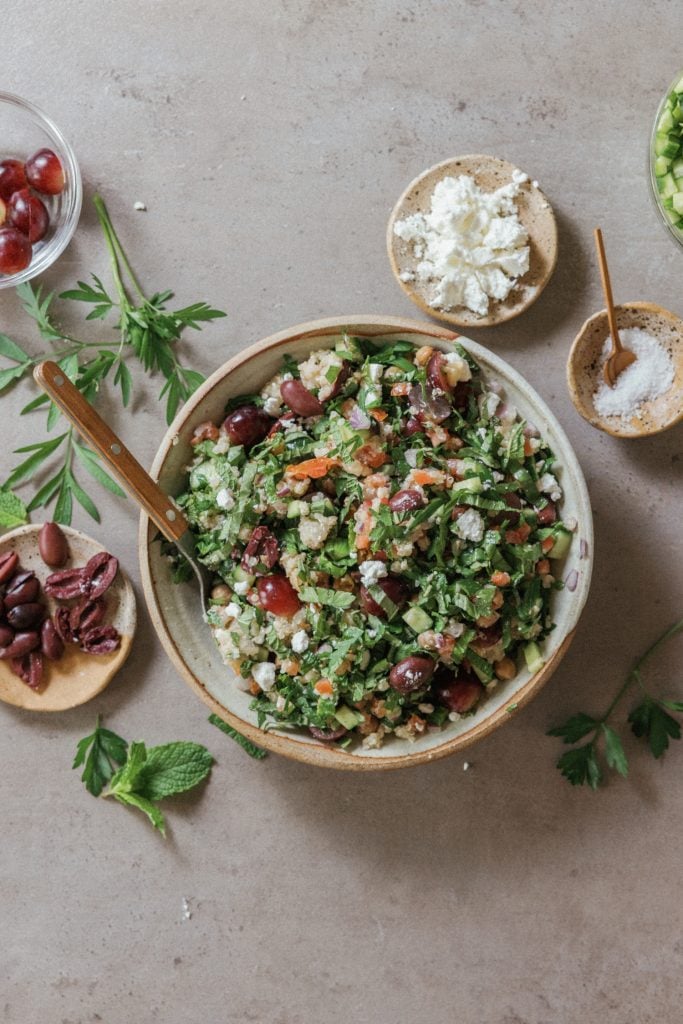
10 Foods to Eat for Fertility
Without further ado, below are 10 nutrient-dense foods to eat for fertility. Aim to incorporate these into a well-rounded, balanced diet.
Leafy greens. Think—spinach, kale, and broccoli. These are rich in antioxidants, vitamins, and minerals. Regularly eating leafy greens can improve ovarian function and encourage fertility. Berries. Blueberries, raspberries, and strawberries help improve blood flow to the reproductive system and promote healthy egg production. Additionally, they contain folate—an essential nutrient for fetal development during pregnancy. Fatty fish. Salmon, sardines, and mackerel all contain omega-3 fatty acids—the building blocks for healthy egg development. These healthy fats help promote blood flow to the reproductive organs and reduce inflammation in the body. Whole grains. 100% whole grains (organic and sprouted, when possible) are rich in fiber, vitamins, and minerals. Micronutrients, baby! Nuts and seeds. Nuts and seeds, such as almonds, cashews, sunflower seeds, and pumpkin seeds, are rich in vitamin E, which is essential for healthy egg production. Eggs. It may seem obvious, but eating eggs can actually improve egg quality. Eggs are rich in protein, which is essential for healthy egg development. They also contain choline, which is essential for fetal brain development during pregnancy. Avocado. Avocado is a nutrient-dense food that is rich in healthy fats, fiber, and vitamins. It contains folate, which is essential for fetal development. Avocado is also known to boost libido! Lean protein. Lean proteins, such as chicken, turkey, and fish are essential for healthy egg development. They are rich in amino acids, which are the building blocks of protein and are essential for the growth and development of eggs. Beans and lentils. Beans and legumes are rich in protein, complex carbohydrates, and fiber, which can help regulate insulin levels and improve fertility. They also contain iron, which is important for ovulatory fertility. Turmeric. Turmeric, a bright yellow spice, contains a compound called curcumin. And curcumin has antioxidant properties, which can protect against oxidative stress (that can harm sperm and eggs). 7 of 8
Foods to Limit for Egg Quality
To recap—a nutritious diet is foundational for reproductive health. Non-starchy vegetables, healthy fats, complex carbs, and lean protein can help improve overall fertility. Additionally, it’s helpful to minimize ultra-processed foods and inflammatory fats (i.e. canola oil). But with that in mind, deprivation isn’t the goal. It’s equally important to relish the foods you love. There’s room for a little bit of everything (including sweets!). Along with a consistent exercise routine, stress management, and getting adequate sleep, you can support your chances of conceiving.

 Koichiko
Koichiko 




















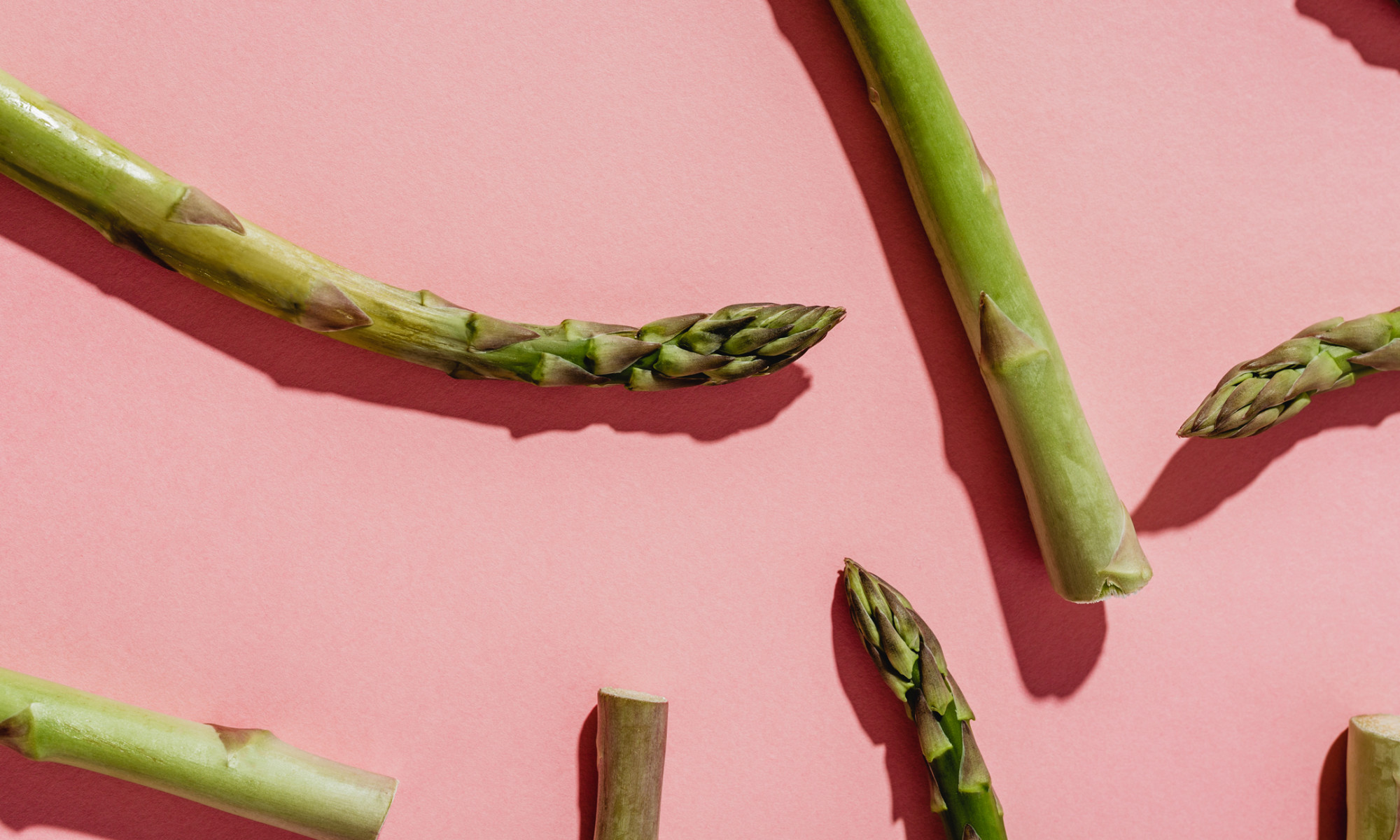









.jpg)
